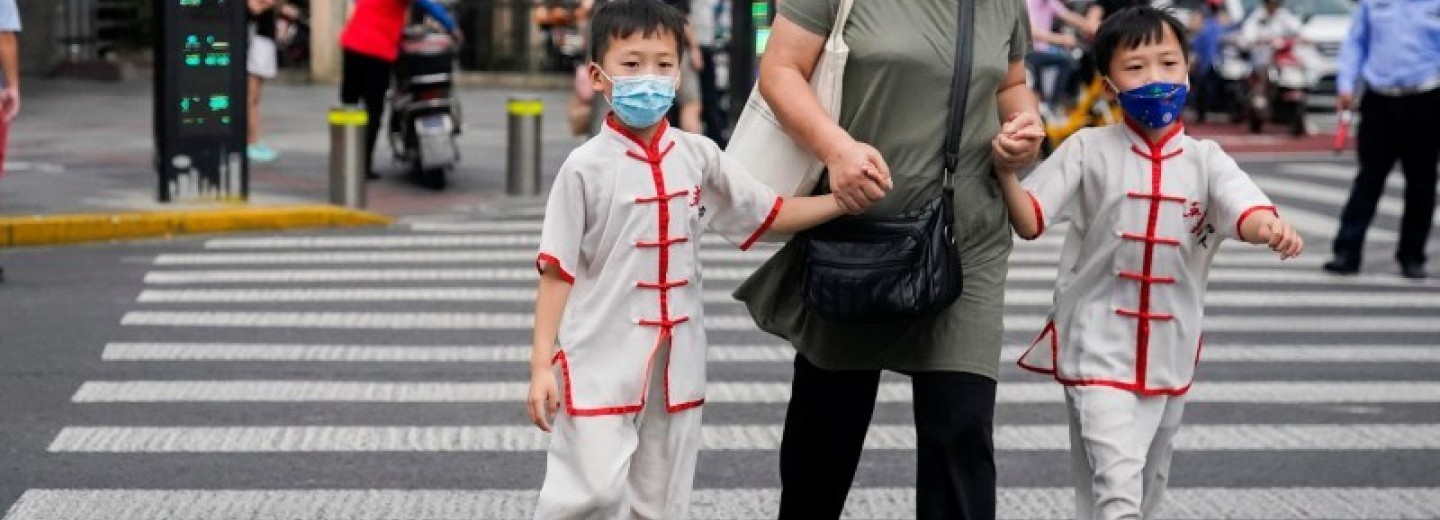China news 30th August 2021
Our first story has some interesting observations about China’s zero tolerance policy towards COVID. The second article talks optimistically about cultural relics in Afghanistan but was written before the final Taliban takeover of the country. No-one can tell what will happen now. Our third story is a highly critical article from a private writer about the weak state of China’s economy.
Zero tolerance to COVID?
The cloud of the global pandemic has not dissipated, and governments differ on whether the virus should be “cleaned” or countries must “co-exist with the virus”. Regarding these two policies, Zeng Guang, a famous epidemiologist, recently said that there should be no debate, and there is no contradiction between zero tolerance and co-existence with the virus.
He believes that China is adopting a zero-tolerance policy at present because this is beneficial to China, but as the world situation changes, China will also change.
But Zeng Guang also advised China not to be the first country to do so.
Cultural relics in Afghanistan
Recently, Rasimi, curator of the National Museum of Afghanistan, changed his social media avatar from colour to black and white. In an interview with reporters, Rasimi said that the cultural relics are temporarily safe, but it is hard to say what the future situation is. Everyone in the museum is downhearted.
Recently, the fate of tens of thousands of cultural relics and cultural heritage sites in Afghanistan has become a focus of attention. Some scholars appealed for help through a Western official. As the guards had abandoned the museum, they feared that the museum would once again become the target of robbery and theft in the chaos. This museum, which has experienced hardships in the past, is once again facing great uncertainty.
The National Museum of Afghanistan, located in the southwest corner of Kabul, has long been full of vicissitudes.
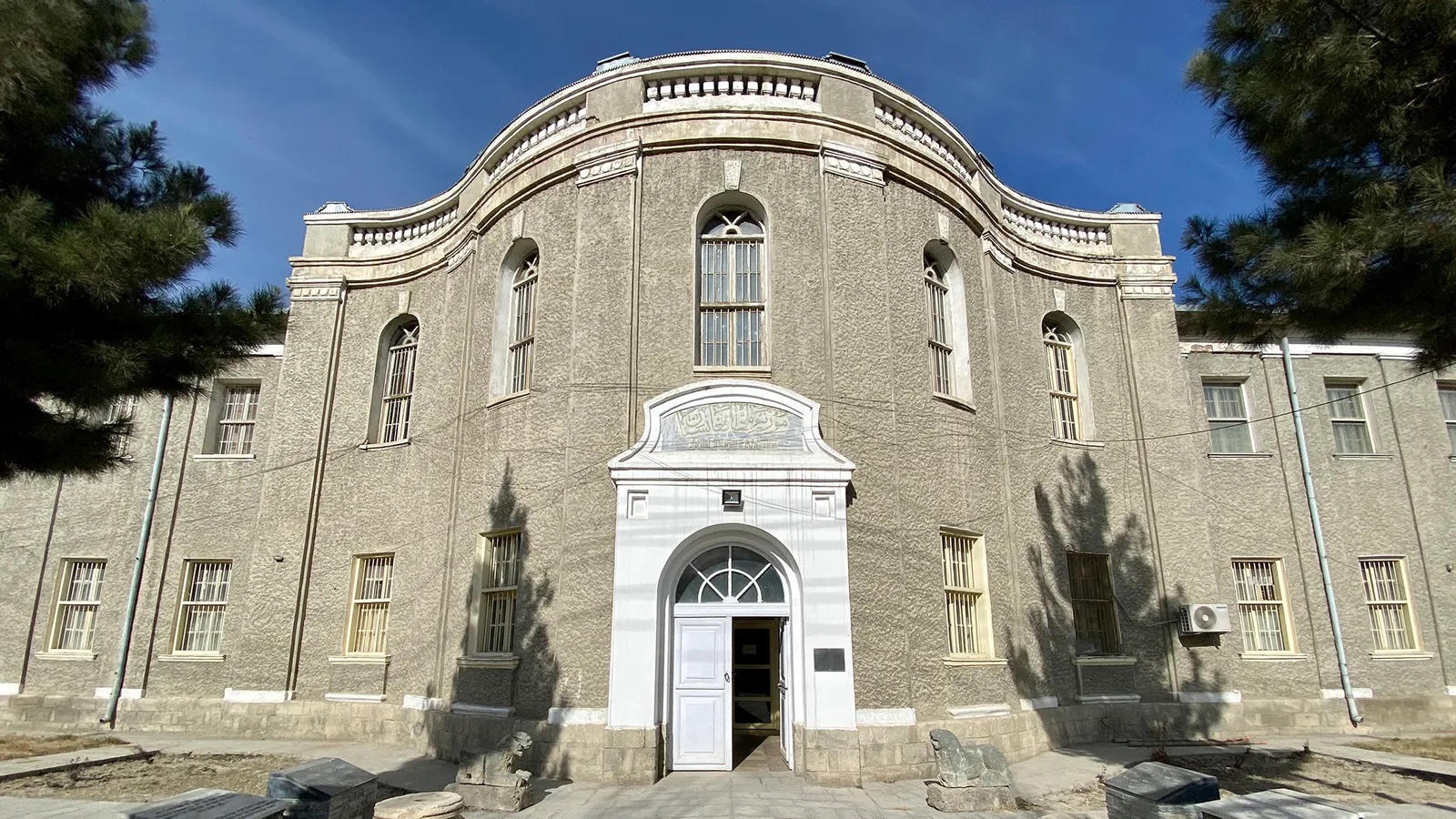
It contains one of the world’s greatest cultural relics collections: from prehistoric artifacts to Islamic art, the museum’s collections span 50,000 years, showing Afghanistan’s long history as the intersection of ancient civilizations. But in the past few decades, the volatile situation in Afghanistan has caused devastating damage to the museum, with 60% of the artifacts stolen and more than 2,000 destroyed.
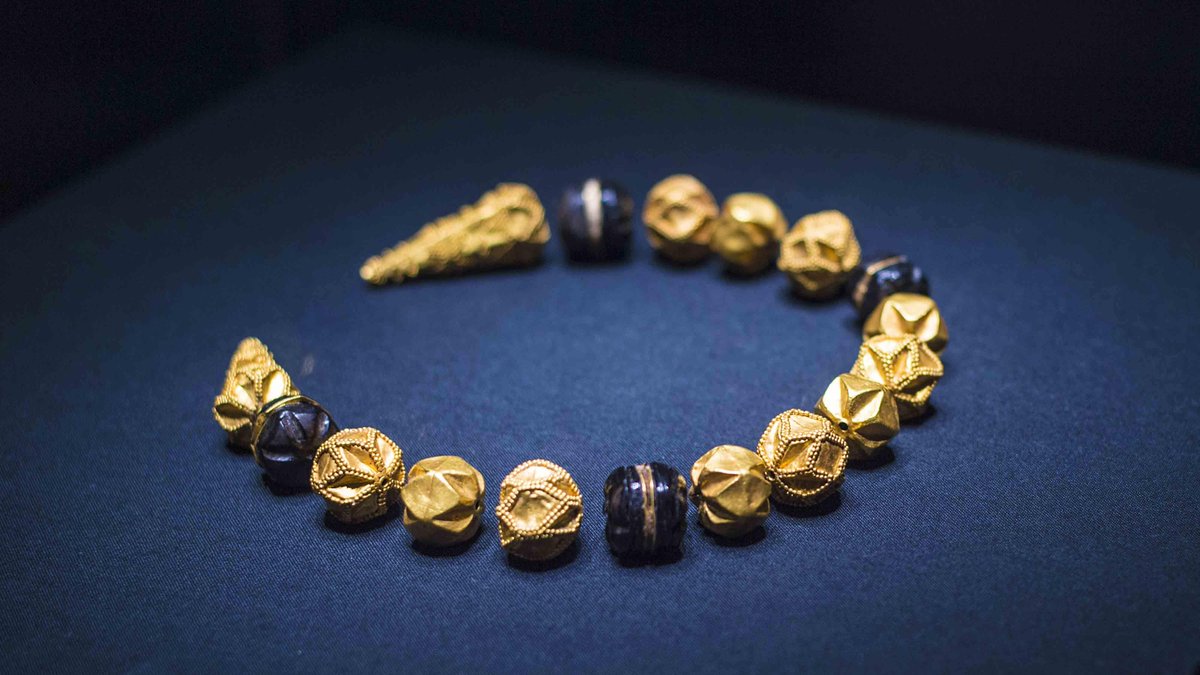
Under the cover of the nest, is there an egg?
In previous days when the future could not be seen, there were a group of cultural relics protectors like Masoudi, the former curator of the National Museum of Afghanistan, who guarded these precious cultural relics with great determination. Some of the people around him suddenly disappeared, and some of them became corpses across the street, but Masoudi believed that as long as he lived, there was hope. As long as he is still alive, let the cultural relics be “alive”.
Founded in 1919, the National Museum of Afghanistan was officially opened in 1922. It was one of the archaeological and cultural projects of France to assist Afghanistan at that time. The 1979 Soviet invasion and the Afghan Civil War broke out. The current curator Rasimmi recalled violent scenes in Kabul. For cultural relics protectors, the most important task is to preserve these cultural relics well. Without guaranteeing the safety of his life, Masoodi began to work with his colleagues to find ways to protect the cultural relics in the collection and mediate with all the forces.
He began to quietly transfer cultural relics to government units and secret places. With the help of administrative forces, he also allowed people who knew the secret work of buried cultural relics to escape overseas and live in seclusion. But even if the cultural relics protectors do their best, there are still many cultural relics that are difficult to resist war and artillery fire.
In 1993, a rocket hit the roof of the National Museum, destroying a 4th-century painting, and many ancient pottery and bronzeware articles were turned into a pile of rubble.
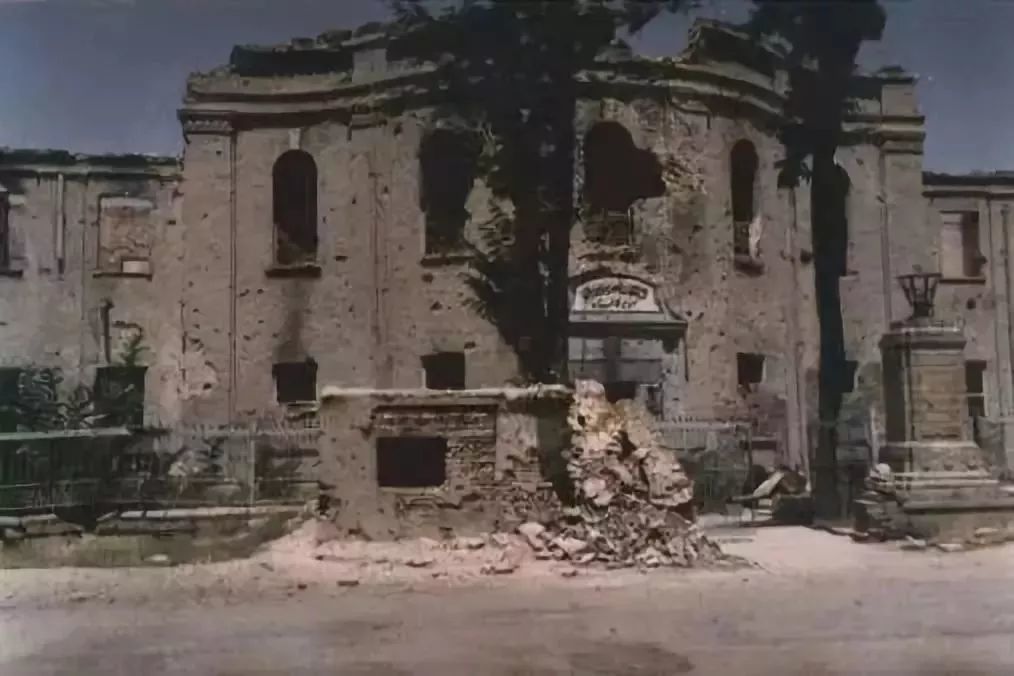
Fortunately, before the rocket fell, the most precious cultural relics in the museum’s collection had been transferred.
In 1989, with the permission of the president, Masoodi picked out the national treasures from 100,000 items and sealed them in the underground treasury of the presidential palace. What is safe in this treasury is the cultural lifeblood of the country. The curator asked six “gatekeepers” to take charge of the keys to the vault. Only when they arrived can they open the gate. Even in the face of torture to extract confessions, no one of these museum personnel revealed the whereabouts of cultural relics.
However, their destruction of the Museum is little known. In February 2001, they entered the museum vault and smashed any artifacts with human and animal images with axes and hammers. Thousands of priceless treasures were destroyed, the oldest of which can be traced back 2,000 years.
This was an extremely dark time. The people around Masoudi either disappeared or died in the street. But museum staff such as Masoudi believed that there was hope as long as they lived. Every time after the Taliban left, they collected fragments of cultural relics and hid them in a room that the Taliban will not go to. They believed that one day Afghanistan would usher in light and these cultural relics would eventually be restored.
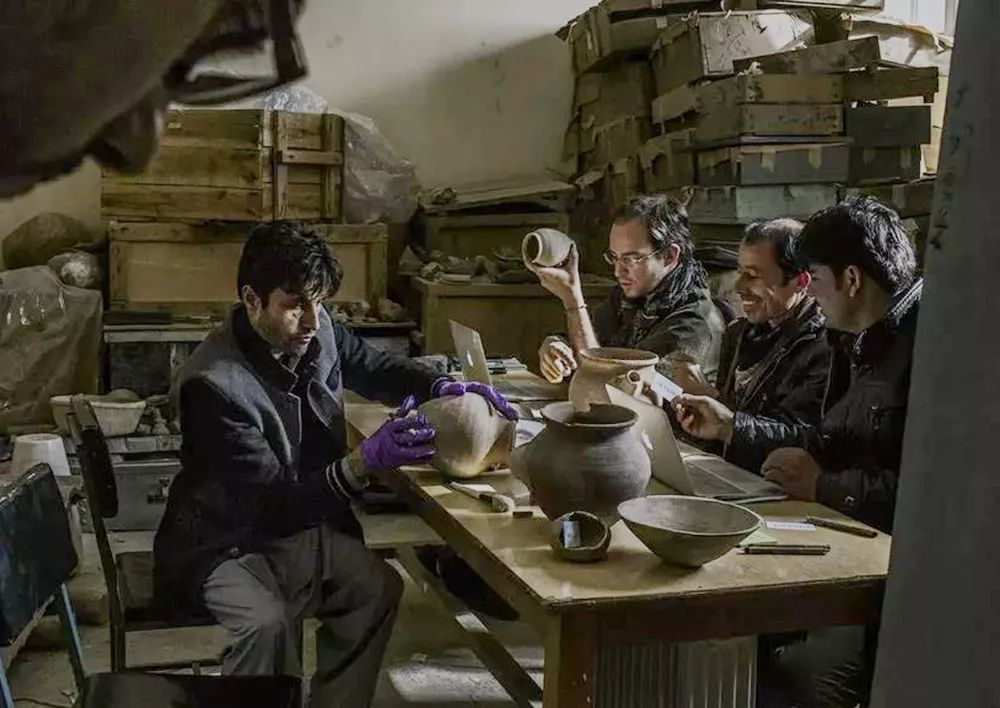
Not long ago, Masoudi retired and became an adviser to the UNESCO office in Kabul, continuing to pass on the flame of civilization. The future of the museum is once again very uncertain.
Source: travel.ifeng.com.
China’s risk – by an unknown writer
Xi Jinping’s biggest nightmare is not the diplomatic containment of the West, the recurrence of the pandemic, or even the Taiwan Strait or South China Sea war. Xi Jinping’s biggest nightmare is the emptiness of the treasury and making ends meet.
The pressure of diplomacy and war can be dealt with when the treasury is full and there is a surplus year after year. Outsiders look at China, a behemoth with incomparable momentum. The country spends tens of billions of dollars at every turn, without a thought. Provinces and cities have roads extending in all directions, high-rise buildings, and beautiful urban construction. How can the treasury be empty?
These are all superficial phenomena, what is the actual situation?
According to recent figures, the fiscal revenues of 31 provinces and cities nationwide in the second quarter were all negative, except for Shanghai. Even the traditional large income provinces such as Guangdong, Fujian and Zhejiang cannot make ends meet. Needless to say, these provinces have been rescued by the central government.
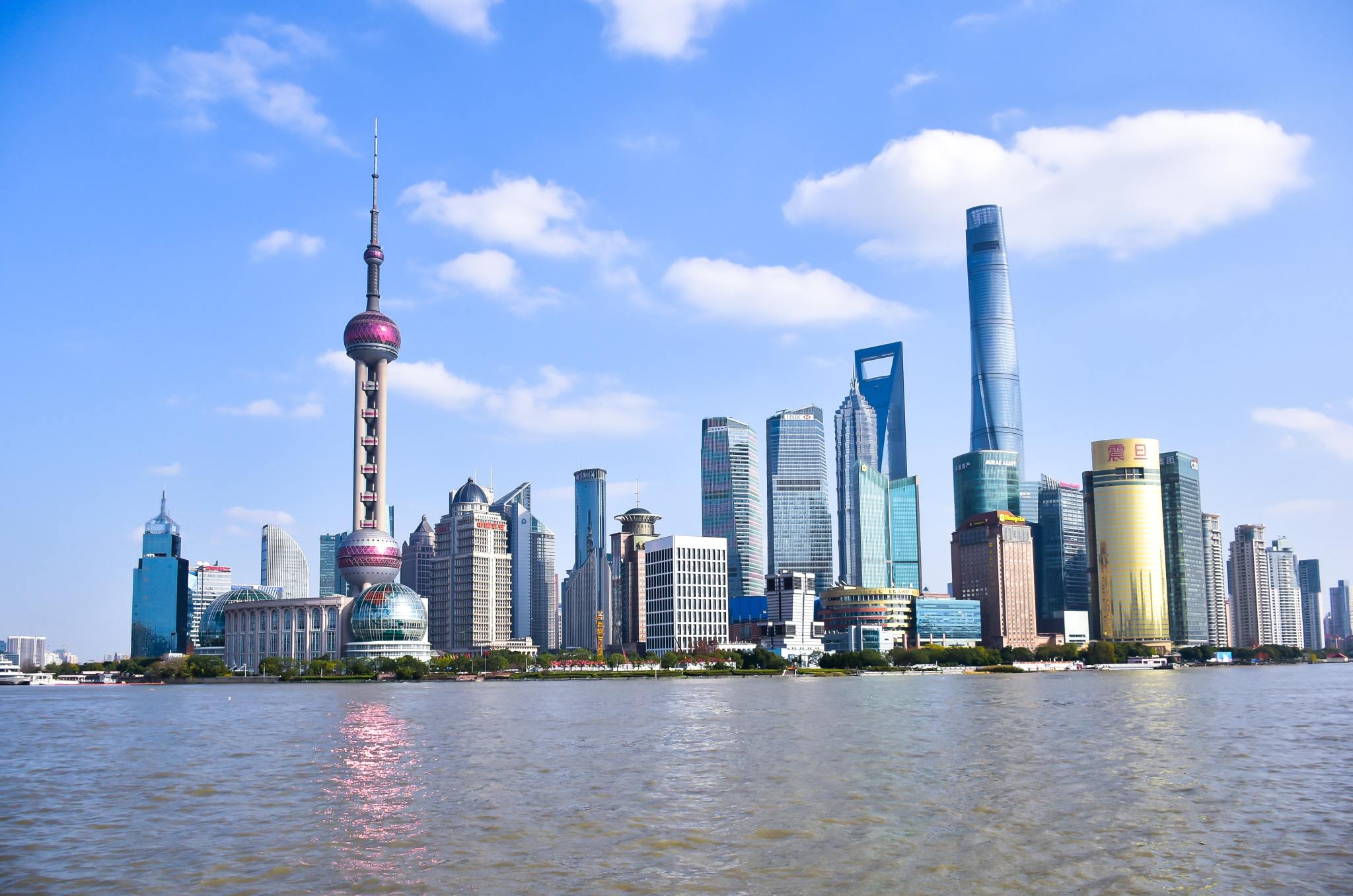
Local government is heavily indebted and cannot even pay teachers’ salaries. Recently, teachers and civil servants took to the streets to demand salaries in Liaoning, Henan, and Anhui. In a place called Kangping County, the local government owed salaries from 2007 to the present. The number of people with wages in arrears is more than 70 million.
In the recent flood in Henan, the number of dead people is a mystery. However, an aerial photograph shows a dense number of vehicles in the water. It is said that the total number is 400,000. Of course, the owners of these vehicles will not be compensated. Everyone thinks it is bad luck. The government ordered the reservoir to release water without even notifying the local cities. The accident was caused by negligence and compensation should be made at the market price. If the treasury is full, why cannot the government be good for once? The CCP’s stinginess is also proof that there is no money and this is impossible to change.
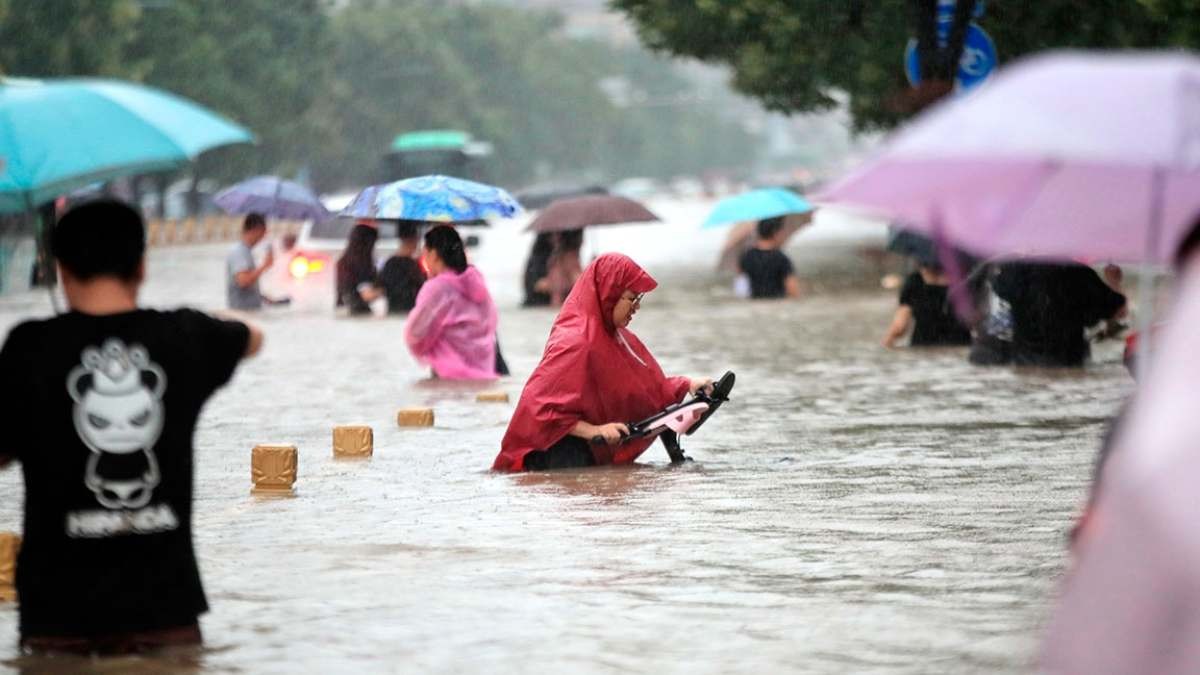
Is this a temporary and isolated phenomenon? Of course not. With the government vigorously cracking down on private companies, strictly controlling Internet giants, and a comprehensive left-hand policy, foreign companies withdraw on a large scale, foreign trade is dead, and unemployment is on the rise. Coupled with the continuation of the pandemic, the ravages of floods, and the rectification of cadres’ private enterprises, the economic downturn has become the norm. The economy is down, taxation is greatly reduced, and the grassroots government is in debt, and more than half of the income is used to pay interest and repay the principal.
During the epidemic, countries like the United States and Europe have directly distributed money to the people and small businesses. One is to help their lives, the other is to preserve the social cells, and the third is to replenish their lives. Only the CCP is indomitable. Not only did it fail to provide relief to the people n or even vaccinate them. With the CCP’s rich and generous style, in the event of a catastrophic change, the CCP should give out money to buy people’s hearts. But this time, the CCP held on to its purse. What is the reason? Of course, the purse is empty.
When the government has money, it uses money to deal with everything. The CCP is like a nouveau riche person, who suddenly made a fortune. It was generous and bullied others, but after all, it has a weak foundation, a large population, and it cannot withstand more poverty.
The CCP held its tenth meeting of the Finance and Economics Committee a few days ago and proposed to “regulate excessively high incomes.” The central government has empty pockets, and it has to make suggestions to the people. Various private enterprise giants have successively donated huge sums of money. This is not enough. The CCP will also attack high-income groups to rob the rich and help the poor on the grounds of common prosperity. If the money is grabbed, will it really be given to the poor? Of course not. This is to raise government expenditures for the tight days in the future. They will not take care of the poor. The wealthy among the princelings and cadres have net worth of tens of billions of billions, so why don’t they deal with “common prosperity”?
An empty money bag is Xi Jinping’s biggest nightmare.
Worked on the article:

Wanlikhang


